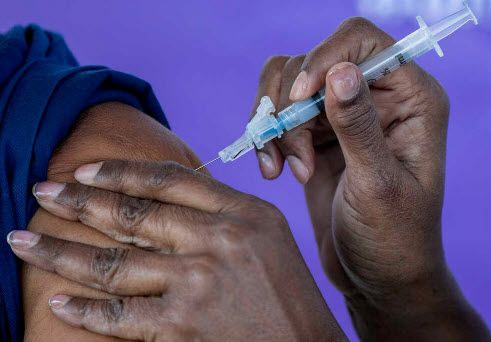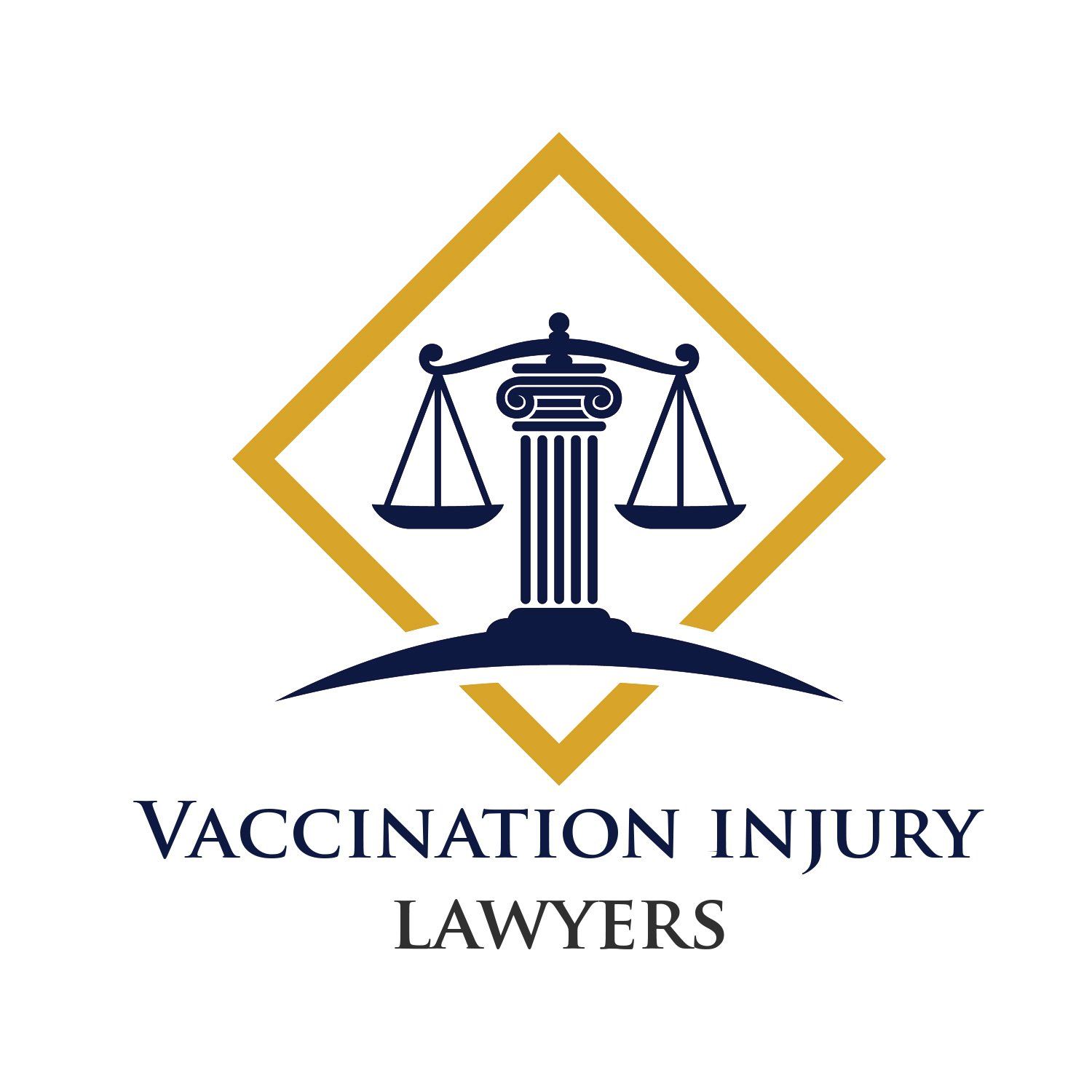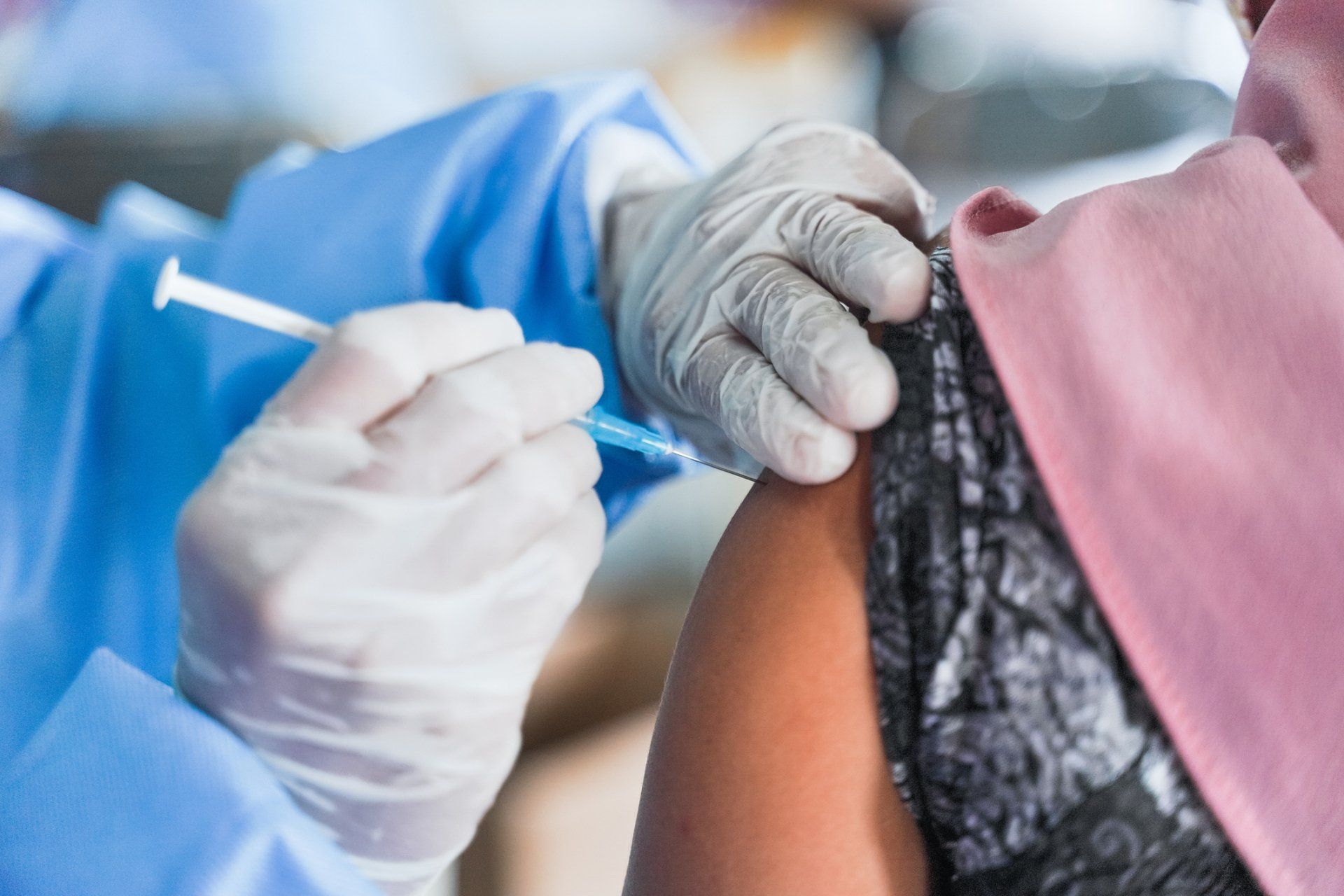5 Types of Vaccines Available Today
The first vaccine became available in 1798, and scientists have developed many other vaccines since then. Today, with technology taking center stage in the medical industry, vaccines help to protect billions of people from many preventable diseases. The vaccines are of different types, depending on the targeted pathogen.
This blog post discusses the common vaccine types in existence today.
1. Live Attenuated Vaccines
Scientists can weaken or attenuate a virus or bacteria and use the pathogen for immunization. The first step is to find a virus or bacterial strain that can activate an immune response but won't actually cause diseases.
Typically, you won't need an additional dose of this type of vaccine because the immune system usually reacts better to live pathogens. Since this method is easier, most of the first vaccines contained attenuated viruses.
2. Inactivated Vaccine
While attenuated vaccines have live pathogens, inactivated vaccines consist of dead bacteria or viruses. You will need repeated doses since the dead pathogens can't replicate. However, this vaccine can be effective because antibodies can't influence it, which is why infants and people who just received medication that contains antibodies typically take the inactivated vaccine.
The process of creating an inactivated vaccine starts when the virus grows in a culture medium. During the growth, the producers will study the virus and identify the ideal conditions.
When the virus reaches maturity, producers use heat to inactivate — or kill — the virus. Usually, the first dose of this vaccine type will activate your immune system, but the system only develops an immune response after the second or later doses.
3. Toxoid Vaccines
If you want long-term protection against bacterial diseases, consider toxoid vaccines. The vaccine uses weak versions of certain bacteria called toxoids. These toxoids are weakened types of toxins with less toxicity but effective immunogenicity.
While toxoid vaccines lack the toxicity of live bacteria, the vaccine will still induce a strong immune system response. Moreover, the vaccine can withstand extreme humidity, temperature, and light and is more stable. Toxoid vaccines are often the main form of immunization against tetanus and botulism.
4. Viral Vector Vaccine
A viral vector vaccine inserts genetic substances of a specific antigen into a cell via a viral vector. The genetic material includes the genetic matter of an antigen inside the modified form of a virus. The viral vector virus is harmless and won't cause any infection. In addition, the genetic material won't embed itself into your genome.
Vaccine producers typically modify the viral vector so that the virus won't replicate once inside the host. Similarly, while other vaccines only lead to humoral immunity, viral vector vaccines can result in the stronger cytotoxic T-cell response.
The viral vector vaccine became popular for immunization during the COVID-19 pandemic. For example, vaccines such as Sputnik V use modified chimpanzee viruses to offer protection against the covid-19 virus.
5. Polysaccharide, Conjugate, Recombinant, and Subunit Vaccines
These vaccines only use specific parts of the virus or germ. As a result, the immune system response can be quite aggressive, although it may not be as strong as that for the whole germ or virus. You will also need vaccine top-ups to boost the immune response.
Nevertheless, these vaccines are appropriate for people with weak immune systems or certain medical conditions.
The main differences between these vaccines are.
- Subunit vaccines use the surface of a virus or a germ
- Recombinant vaccines are a result of genetic engineering
- Conjugate vaccines use two unique parts of a virus or bacteria
- Polysaccharide vaccines have sugar particles from the exterior section of the virus or bacteria
Sometimes, you may need multiple types of vaccines to trigger the required immune response.
Get Compensation for Vaccination Injuries
Vaccines should protect you from diseases and boost your health. However, improper or incorrect vaccine administration can cause injuries and other side effects.
When this happens, Black McLaren Jones Ryland & Griffee PC will help you to get compensation.
Contact us for more information.




